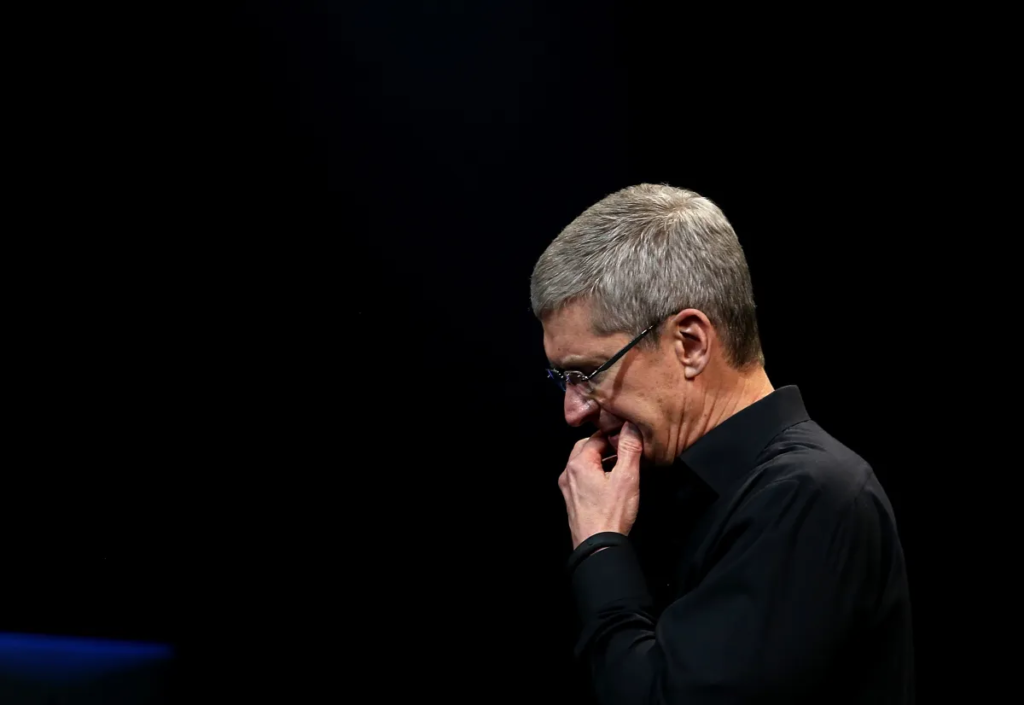In a dramatic turn in the ongoing US-China trade conflict, China has once again raised tariffs on American goods — this time to a staggering 125%, matching recent hikes initiated by the United States. Chinese officials have signaled that this will be their final adjustment in response to Washington’s escalating tariff policy, warning that the US risks becoming an economic “joke” on the global stage.
China’s Firm Stance Against US Tariff Hikes
According to a translated statement released by China’s Ministry of Finance, Beijing emphasized that any further tariff increases by the United States would be “economically senseless.” The ministry added a scathing remark, saying, “The United States will become a joke in the history of the world economy” if it continues down this aggressive path.
The trade dispute escalated rapidly after former President Donald Trump introduced an initial 10% tariff on Chinese imports in February. Since then, the US has repeatedly ratcheted up the pressure, pushing tariffs to a record 145%. China, in a tit-for-tat response, had consistently mirrored these increases — until now.
At the new 125% tariff rate, Chinese authorities assert that there is essentially no longer any market demand for American products in China. “There is no more market acceptance for US goods exported to China,” the statement read. “If the United States continues playing the tariff numbers game, China will simply disregard it.“
Retaliation Beyond Tariffs
While China claims it will no longer engage in further tariff wars, it made it clear that other forms of retaliation remain on the table. The Ministry of Finance concluded its statement with a stern warning:
“If the United States continues to substantially infringe on China’s interests, China will resolutely counterattack and fight to the end.”
Already, China has begun flexing its muscles in other areas. Just yesterday, Chinese regulators announced a reduction in the number of Hollywood films allowed to be released in the country — a move that could heavily impact one of America’s most lucrative export industries. Additionally, over the past week, China has restricted import and export licenses for several US-based companies, further tightening the screws on American businesses operating overseas.
What This Means for the Global Economy

Trade experts warn that continued tensions between the world’s two largest economies could have far-reaching implications for global markets, supply chains, and diplomatic relations. As China adopts a more calculated and diversified approach to retaliation, industries ranging from technology to entertainment could face unexpected disruptions.
Meanwhile, businesses and investors worldwide are watching closely, bracing for potential aftershocks that could reshape international trade policies for years to come.
China’s latest move marks a pivotal moment in the US-China trade war. By capping tariffs and signaling alternative strategies, Beijing is aiming to shift the battlefield while maintaining economic leverage. The message is clear: China is prepared to defend its interests with resilience, even as tensions with the US reach a critical boiling point.








